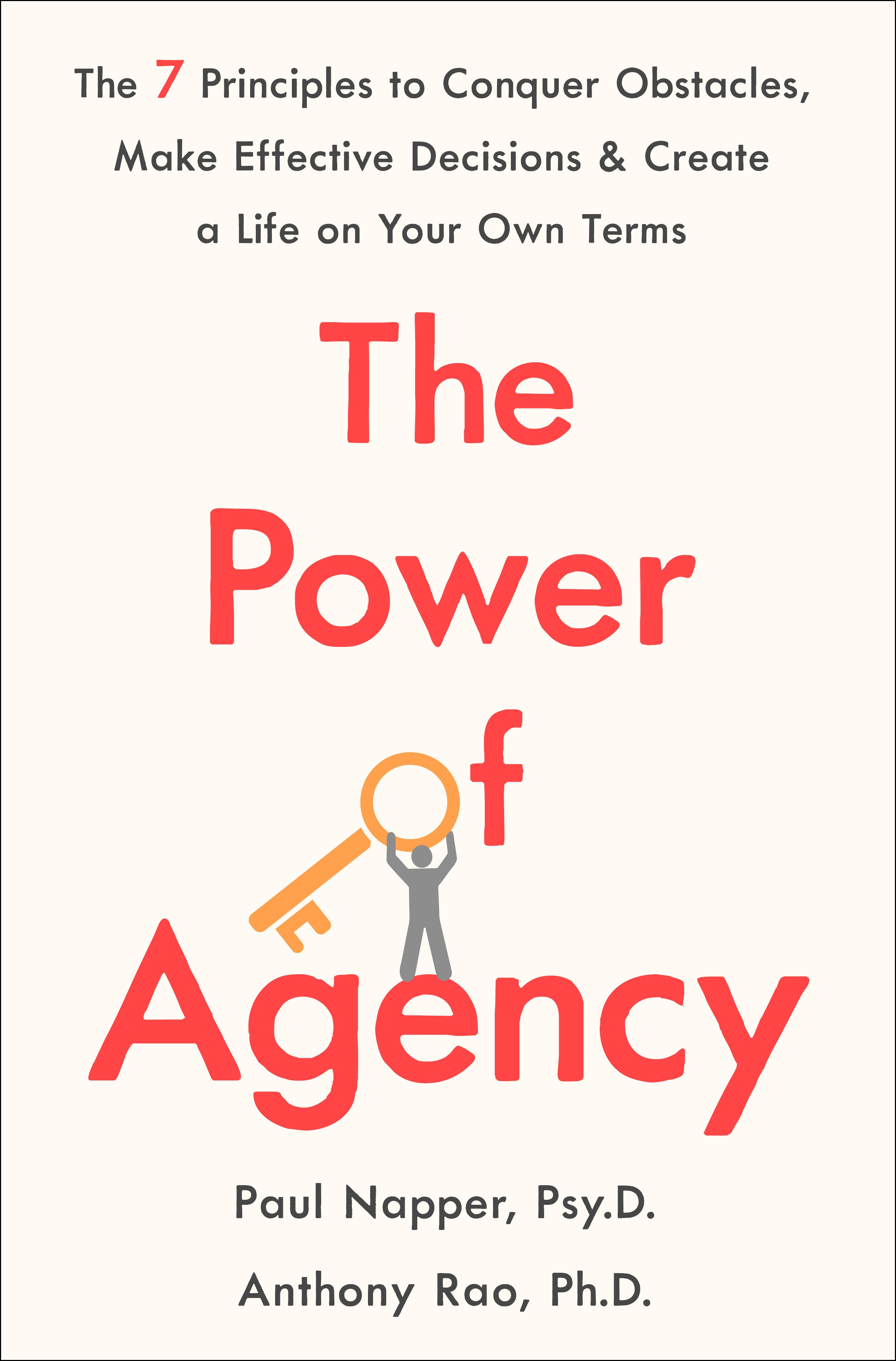As entertainment has become more portable, it has become possible to avoid any moments of undistracted boredom. Most of us resist boredom—we count on Hulu or Netflix to get us through doing the dishes or watch sports highlights as we eat our breakfast. But an emptier mind is freer to move in the direction of intentional, deeper, and more creative thought. Developing the capacity to be alone with yourself facilitates reflection, which is a building block of agency.
In today’s highly stimulating world, ironically, many of us become agitated when we don’t have anything distracting us. We don’t like having our phones out of reach. In a series of eleven studies, reported in 2014 in the journal Science, subjects left alone in a quiet room with their own thoughts didn’t report it as an enjoyable experience. When given the opportunity, subjects actually preferred to administer electric shocks to themselves instead of “being left alone with their thoughts” for periods of only six to fifteen minutes.
This is madness!
Every few months, new digital devices come to the market. Our exposure to digital stimulation is increasing. It fills more of the space we used to have available between thoughts, between social encounters, between activities. These opportunities to experience downtime, moments of quiet, peace—really any type of restorative mental break—may be diminishing.
Make boredom a habit. Consider the advantages of allowing yourself to have occasional states of monotony. You’re not distracted, you’re not overstimulated, you have increased access to your fuller attention, and you have better powers of concentration and focus. The blankness of time and task provides more cognitive space for what comes next. The stage is set to marshal your thinking skills and satisfy the (temporary) void with something potentially very meaningful and deep. When you relabel “boredom” as a part of a calm mindfulness experience, it can become incredibly satisfying. A suggestion to get started is to set aside brief periods of time for this and then make them longer as you can tolerate more.

Published with permission from The Power of Agency: The 7 Principles to Conquer Obstacles, Make Effective Decisions, and Create a Life on Your Own Terms by Paul Napper, Pys.D. & Anthony Rao, Ph.D.



